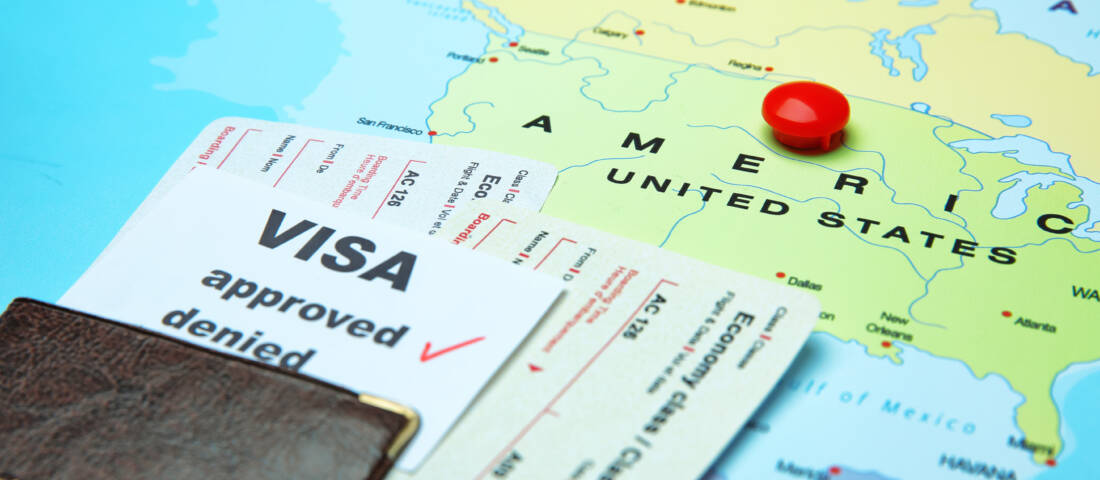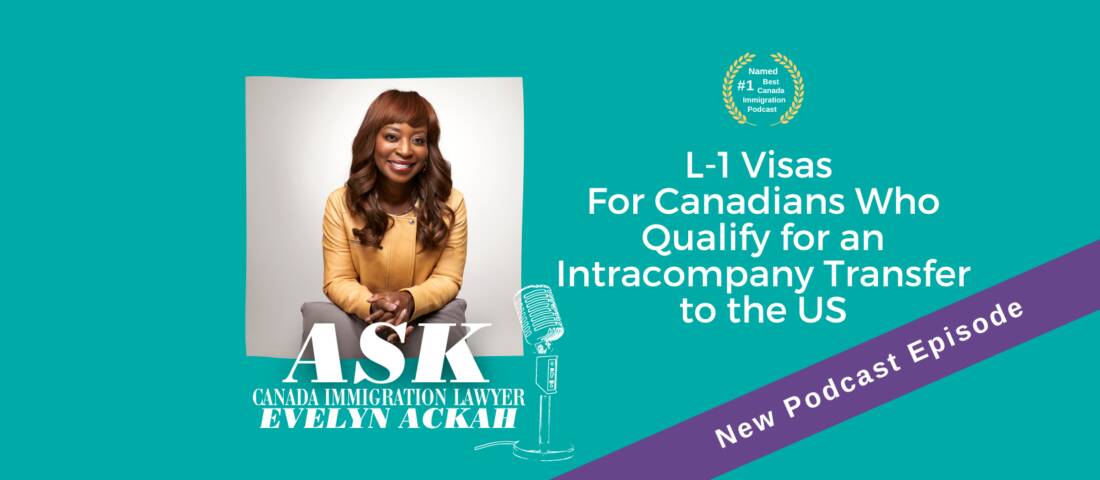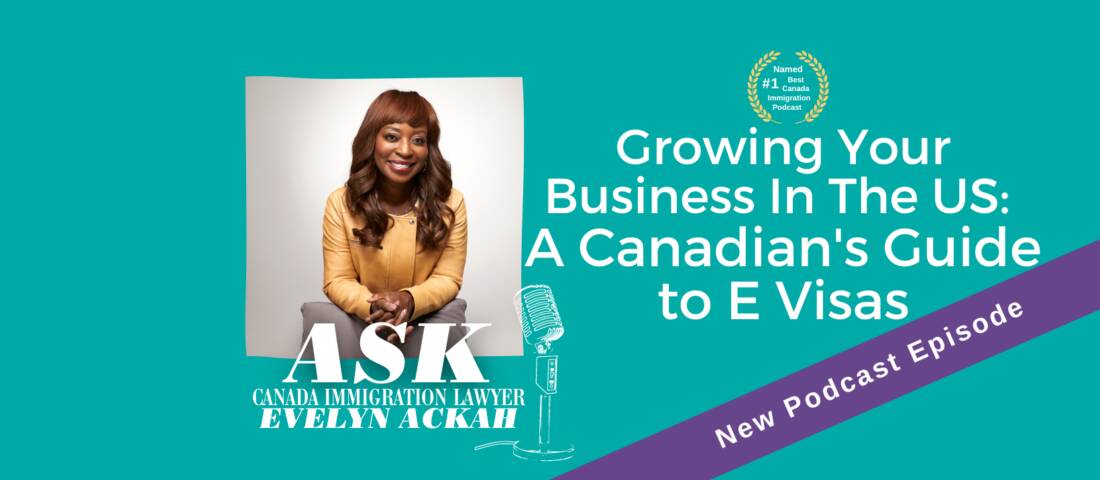As a U.S. citizen living in Canada or any country outside of the United States, it's important to stay updated on regulations that may affect your travel plans, especially when it comes to your beloved pets. The CDC strives to protect American families, communities and pets by preventing the reintroduction of dog rabies into the United States. Starting August 1, 2024, the Centers for Disease Control and Prevention (CDC) has implemented new rabies prevention requirements for all dogs entering the United States. Whether you're travelling by land, air or sea, you must ensure your furry friend meets these updated regulations, or it will not be allowed to enter the U.S.
BOOK YOUR FREE CASE EVALUATION
Key CDC Dog Import Requirements for Bringing Dogs into the U.S. from Canada and Other Countries
- Age Requirement
- All dogs must be at least six months old. This is crucial to ensure they have developed sufficient immunity and are less susceptible to certain diseases.
- Microchipping
- Your dog must be microchipped. This permanent form of identification helps track your pet and provides vital information if it gets lost.
- Health Status
- Dogs must appear healthy upon arrival. The CDC will check for any visible signs of illness, and an unhealthy dog might be denied entry or subjected to quarantine.
- Veterinary Documentation
- Obtain an export document signed by a licensed veterinarian. This document verifies your dog’s health status and vaccination records, ensuring they meet U.S. entry requirements.
- CDC Dog Import Form
- Complete the CDC Dog Import Form before entering the U.S. This form is essential for border officials' record-keeping and verification.
- Additional Requirements for International Travel
- If your dog has travelled to countries other than Canada, it may be subject to further requirements. It's important to check these additional regulations well in advance of your travel date.
- If your dog is not vaccinated against rabies and has been in a high-risk country for dog rabies in the past 6 months, your dog will NOT be allowed to enter the U.S.
These rules apply to all dogs, including service animals. Owners and importers must complete these requirements each time they cross the border into the United States. The process may seem stringent, but these measures are in place to prevent the spread of diseases and protect public health.

Steps to Ensure Compliance with CDC Dog Import Requirements
- Be Informed:
Review the list of high-risk countries for dog rabies. - Plan Ahead:
Make sure to start preparations early. Schedule a visit to your veterinarian to obtain the necessary documentation and ensure your dog’s vaccinations are up to date. - Check for Updates:
Regulations can change, so regularly check the CDC’s website for the latest information and required forms: CDC Dog Importation Requirements. - Prepare Documentation:
Have all your paperwork organized and ready for inspection at the border. This includes the signed export document, proof of microchipping, and the completed CDC Dog Import Form.
In addition, dog owners must comply with the U.S. Department of Agriculture’s (USDA) and your U.S. destination’s regulations. Please be aware that dogs imported for commercial (resale) purposes have additional requirements from USDA.
BOOK YOUR FREE CASE EVALUATION
Cross Borders Smoothly
As an American living in Canada, staying informed about these new CDC requirements will help ensure a smooth and hassle-free travel experience for you and your dog. Compliance with these regulations is essential to prevent any delays or complications at the border. By following these guidelines, you can focus on enjoying your journey and the companionship of your furry friend.
For further assistance or questions regarding these new requirements and other cross border immigration requirements and procedures, feel free to contact our office. We're here to help you navigate these changes and ensure a seamless transition for you and your pet. Safe travels!
Ackah Law has offices in Toronto, Calgary and Vancouver to help people move to new opportunities in Canada and the U.S. Contact Ackah Business Immigration Law at (587) 854-3866 or by email at contact@ackahlaw.com.








